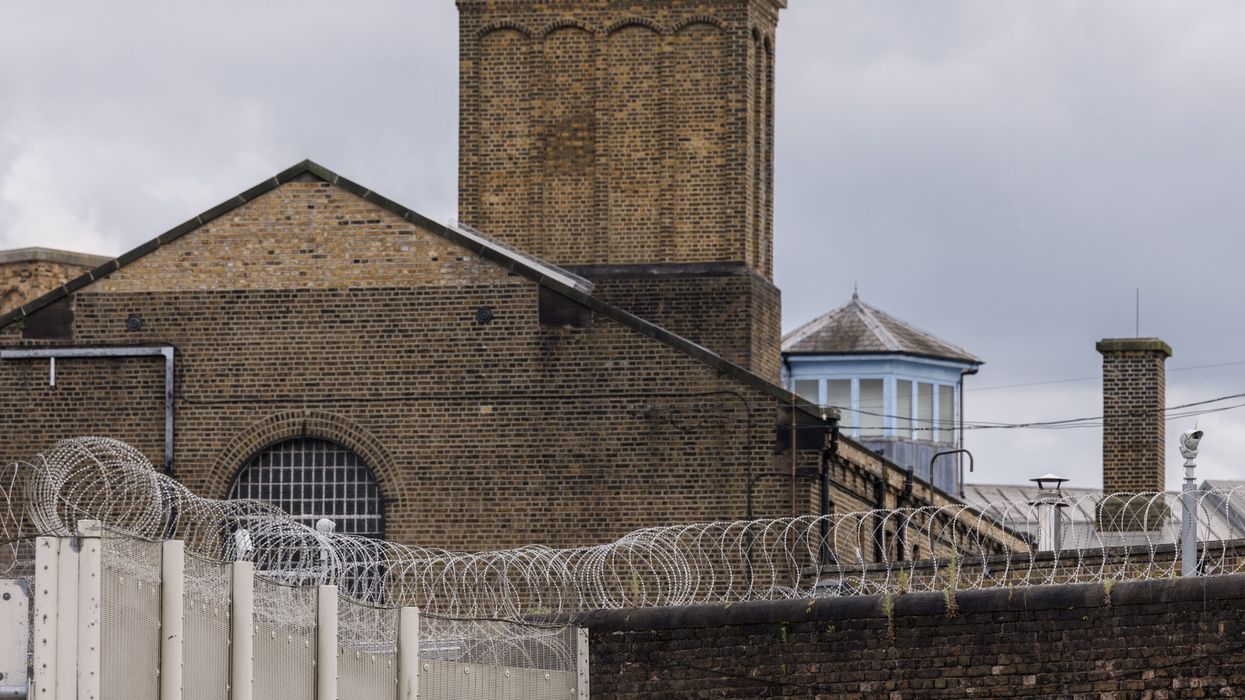INDIA is among 15 countries added to the UK’s expanded “Deport Now, Appeal Later” scheme, under which foreign criminals will be deported to their home countries before they can appeal against convictions. The UK government said on Sunday the number of countries in the scheme will rise from eight to 23.
Foreigners who have had their human rights claim refused will be able to join appeal hearings remotely from overseas using video technology, the Home Office said.
Justice Secretary Shabana Mahmood said she plans to change the law so that most foreign criminals are deported immediately after receiving a prison sentence.
Foreign national offenders make up about 12 per cent of the prison population, and the move could save money, according to Mahmood.
The Home Office said almost 5,200 convicted criminals with foreign passports have been removed since July 2024, a 14 per cent increase over the previous year.
The scheme previously covered nationals from Tanzania, Finland, Estonia, Belize, and four other countries. It will now also include India, Angola, Australia, Botswana, Brunei, Bulgaria, Canada, Guyana, Indonesia, Kenya, Latvia, Lebanon, Malaysia, Uganda and Zambia.
The government said talks are continuing with other countries to join the programme.
“For far too long, foreign criminals have been exploiting our immigration system, remaining in the UK for months or even years while their appeals drag on,” Home Secretary Yvette Cooper said.
“That has to end. Those who commit crimes in our country cannot be allowed to manipulate the system,” she said.
The Ministry of Justice said most foreign prisoners can now be deported after serving 30 per cent of their sentence, down from 50 per cent, with discretion retained on a case-by-case basis. Offenders deported under this law will be barred from re-entering the UK.





